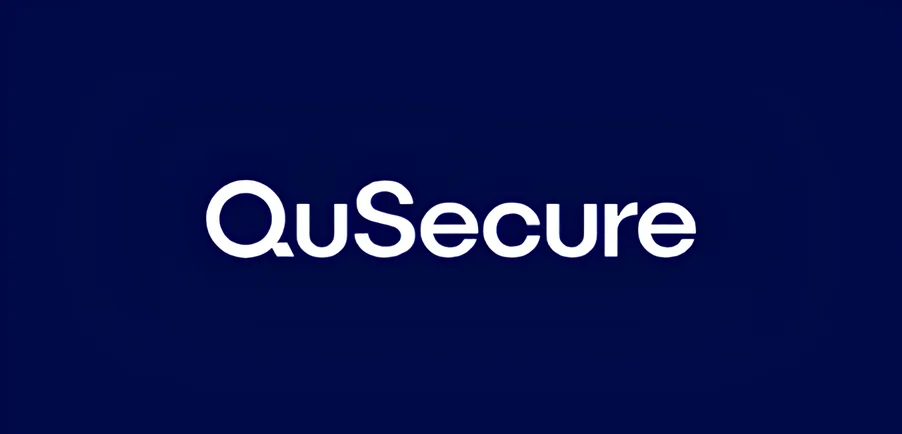Guest Post
By Mark M.J. Scott, President of Northern Pixels Inc.
The odds are stacked against deep tech and advanced technology startups. Despite record levels of investment and a flood of breakthrough innovation, most of these ventures never reach sustainable scale. According to research from Startup Genome, around 90% of startups ultimately fail, and the rate is even higher for those tackling complex, enterprise-grade problems. While the reasons are many, one pattern stands out: founders often become so fixated on their technology that they lose sight of what matters most to buyers–demonstrable business value.
The Value Problem: Why Tech Alone Isn’t Enough
For deep tech startups, the allure of their own innovation is powerful. It’s easy to believe that a better algorithm, a smarter sensor, or a faster quantum processor will sell itself. In reality, however, enterprise buyers-especially those in Global 500 organizations-are not motivated by technical novelty alone. They want to see proof that a new solution can solve real operational challenges, deliver measurable ROI, and integrate with existing systems.

This is where so many startups stumble. They invest heavily in R&D and product development but underinvest in showing how their technology translates into business outcomes. The result is a value perception gap: the startup believes in its potential, but the market remains unconvinced.
Peer Validation: The Most Powerful Currency
In the domain of B2B technology, the most compelling way to bridge this gap is through peer-to-peer validation. When an industry leader shares their experience of adopting a new technology-warts and all-it carries far more weight than any marketing brochure or technical spec sheet. A well-crafted case study, told from the perspective of a respected client, can demonstrate how a solution performs in the real world, what challenges were overcome, and what tangible benefits were realized.
This dynamic is especially pronounced in sectors where risk aversion is high and the cost of failure is significant. A Global 500 manufacturer, for example, is far more likely to consider a new automation solution if a peer in their industry can show how it saved millions in operational costs or improved compliance outcomes.
Why Are Case Studies So Rare in Startups?
Given how critical this kind of validation is, why do so few deep tech startups invest in building a robust case study program? The reasons are both practical and cultural.
First, many founders are engineers or scientists by background. Their natural inclination is to focus on perfecting the product, not storytelling. Second, developing a credible case study with a major enterprise client is complex. It requires navigating legal and compliance reviews, aligning with client communications teams, and aligning different stakeholder departments that experience value from the technology to support the initiative. Third, startups are often resource constrained. With limited marketing budgets and small teams, advocacy efforts are frequently deprioritized in favor of immediate product milestones.
But this is a costly mistake. Startups that fail to invest in advocacy risk being outpaced by competitors who do. In markets where credibility and trust are everything, the first to establish a track record of real-world impact often wins the lion’s share of attention, investment, and market access.
Five Things Every Founder Should Know About Winning Global 500 Case Studies
Securing a case study with a Global 500 client is both an art and a science. Here are five lessons for founders seeking to turn their early adopters into advocates:
1. Identifying and Empowering the Right Advocate
Success starts with finding the right champion inside the client organization. Often, it’s not the C-suite but a mid-level operational leader who has experienced the pain point firsthand and is motivated to drive change. Building trust with this person-and helping them shine internally-can unlock doors to broader advocacy.
2. Case Studies Are a Two-Way Street
Many startups approach case studies as a one-sided PR exercise. In reality, a well-structured case study can be just as valuable for the client. It can help them demonstrate innovation leadership, justify budget increases, or support internal change initiatives. Framing the project as a win-win is essential for securing buy-in.
3. Storytelling Matters: Make the Client the Hero
The most effective case studies are structured like hero’s journeys. They start with a challenge, follow the client’s quest for a solution, highlight the hurdles encountered, and celebrate the transformation achieved. Authenticity is key-stories that read like vendor propaganda are quickly dismissed.
4. Internal Advocacy Is Often Overlooked but Incredibly Powerful
Not all advocacy needs to be public. In many cases, internal case studies-used within the client’s organization to build consensus and drive adoption-can deliver outsized impact. For example, internal ROI reports and pilot success stories can help a solution spread from one division to another, often more quickly than public marketing.
5. Advocacy Multiplies Business Value
A single, credible case study can have ripple effects across the business. It can boost investor confidence, align boards and executive teams, attract media attention, and accelerate sales cycles. In some cases, it can even become a key asset in fundraising or M&A discussions, providing third-party validation that de-risks the business in the eyes of outsiders.
The Stakes Are High-Resource Accordingly
The lesson for founders is clear: in deep tech and advanced technology, advocacy is not a “nice to have”-it’s a strategic imperative. The window for establishing credibility and market leadership is narrow, and once a competitor claims the mantle of proven value, it’s difficult to catch up.
Building a case study program requires investment: in people, in process, and in patience. It means dedicating resources to relationship-building, storytelling, and results measurement-not just product development. But for those who get it right, the payoff is transformative. In a world where innovation alone is rarely enough, the ability to prove value through the voice of the customer is what separates the winners from the rest.
About the author:
Mark M.J. Scott is President of Northern Pixels Inc., the world’s only marketing firm founded and led by deep tech and advanced tech startup veterans, each with a track record of successful commercialization and exits via acquisition. Mark has held pivotal leadership roles in several startup successes, including a cryptography company acquired by AppDirect, an optics firm acquired by Toyota, and TrueContext, an enterprise low-code platform acquired by Battery Ventures in 2024. Recently, Mark was engaged by Quebec’s $435M-funded Quantum Innovation Zone to design and implement commercial strategies that accelerate startup growth and success. Mark can be found on X / Twitter: https://x.com/MarkMJScott















